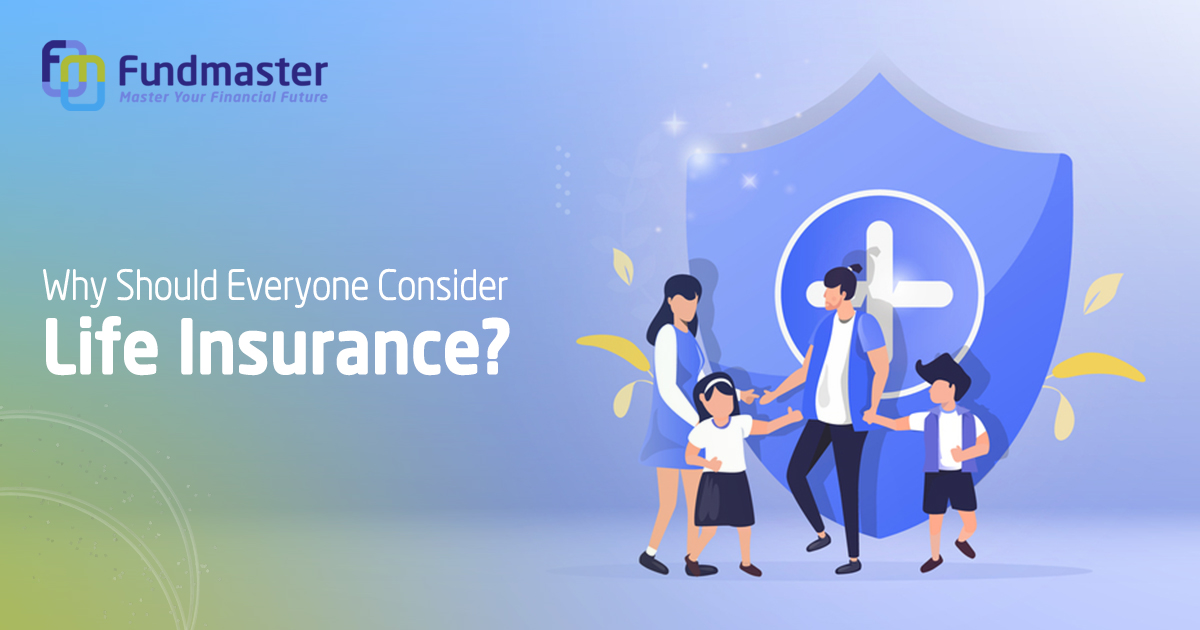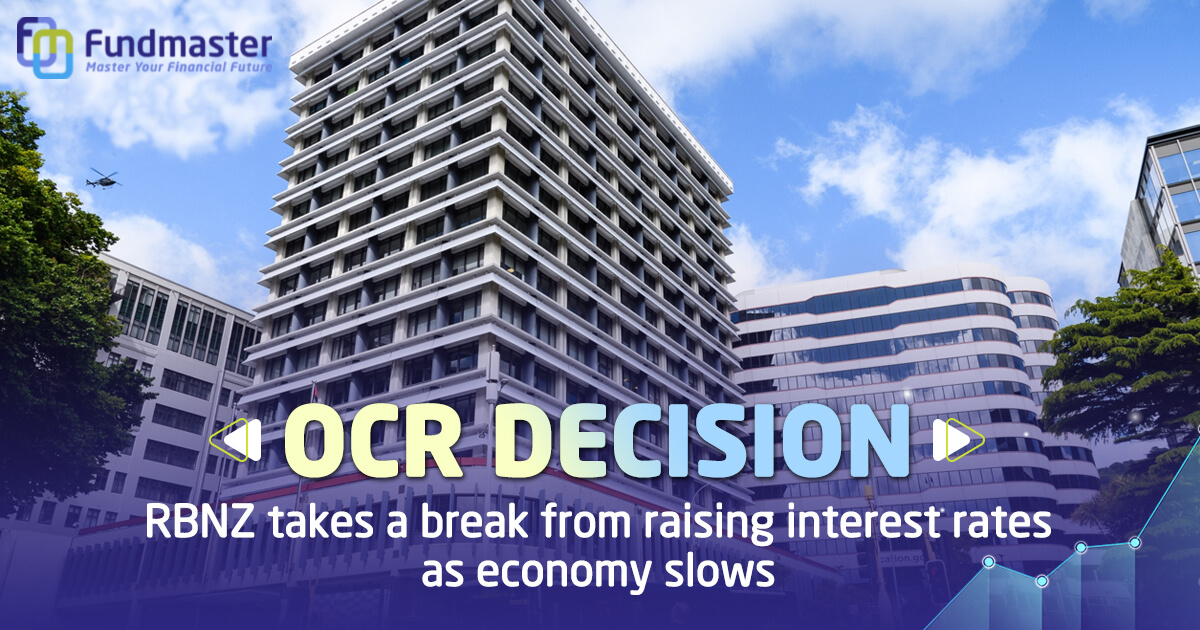We know how important it is to protect the things we hold dear; that’s why we have insurance for our homes, our cars, and our health. But somehow, life insurance is frequently overlooked.
There are many misconceptions floating around when it comes to life insurance. Many believe that paying for it is either unnecessary or a waste of money. Others will think about it later in life but won’t do it now because they’re “too young”.
Truth be told, life insurance is a crucial component of your future financial planning and can save you and your family in a variety of unexpected circumstances, at any age.
Let’s delve into the details of life insurance, what it covers and the benefits, and why everyone should consider making the investment.
Life Insurance policy and coverage
If you die or become terminally ill, your life insurance policy will pay out a lump sum to the policy owner or your estate (As per the agreed details with your vendor).
Life insurance policies frequently come with extra coverage options*, such as:
- Terminal illnesses cover,
- Bereavement Support Benefit
- Repatriation Benefit
*Depending on type and cover of the life insurance policy shared by vendors.
Your lifestyle and specific needs will determine the kind of policy and benefits you require.
When should you apply?
With some providers, you can apply for a life insurance policy as young as 10 years old and up to 70 years old. People should consider applying for life insurance before they anticipate needing it. In particular, significant life stages are a crucial time to have a life insurance policy in place.
These are some instances; you might consider planning the life insurance but not limited to:
- When you are getting married or in a de facto relationship
- If you’re thinking about having children
- If you’re purchasing a home
- If you’re beginning your career.
Costs and factors
The cost of your life insurance policy premium is determined by a few factors, such as your age and health, including any pre-existing medical conditions, Inflation in the market and insurance provider if they change their price for products.
Another factor is choosing either “Stepped” or “Level” cover for your premium.
A Stepped premium is the most common and cheapest way to start a life insurance policy. A Stepped premium is low at first and increases yearly, as you are more likely to make a claim as you get older.
A Level premium is more expensive but doesn’t increase with age. A person on a long-term Level premium may be paying less over time than someone on a Stepped premium.
The above is not professional advice but the selection of policies also depends upon the person’s requirements and the vendor’s conditions.
A healthy, non-smoking 35-year-old male could pay less than $40 per month on average* for a standard life insurance policy with a coverage amount of $500,000.
*Average coverage amount and policy costs across NZ providers were used at the date of article. Prices are subject to change.
The benefits
Life insurance has numerous advantages. First and foremost, it provides you with peace of mind knowing that your family will be financially secure if something happens to you.
Life insurance can ensure your loved ones have financial support with*:
- Funeral and bereavement costs in the form of a small lump sum paid in advance
- Settling outstanding debts
- Covering your family’s ongoing living expenses
*Depending on the type and cover of the life insurance policy.
As a real-life example, there was a case where a young family’s father had passed away, leaving behind a mother and two children. The father was covered by a life insurance policy. The mother was able to continue providing stability for her family by paying off the mortgage and taking care of living expenses, thanks to the policy’s payout.
Even though no amount of money could ever replace their father, it at least helped them avoid any severe financial hardship.
The risks of going without
The cost of living in New Zealand is high and rising. Although there is some government assistance for funeral costs, not everyone is eligible, and any long-term financial assistance for other means is not guaranteed.
Without a life insurance policy in place, there may be risks to your family’s financial stability:
- Your family will be responsible for your funeral expenses
- If you have any outstanding joint debts with a partner, they will be responsible to pay them off
- Your children may lose their inheritance if creditors make a claim on your estate to cover any outstanding debt
- Your family may be faced with difficult decisions about how to cope without your income, such as selling the family home, or the sole parent working additional jobs to make ends meet.
When looking at real-life examples of this risk, we learned of a family in which the father, who was the primary provider, was killed in a tragic accident. Without a life insurance policy in place, his wife had to take up the role of provider to support her family, while also dealing with her and her family’s grief.
(Source: https://www.stuff.co.nz/nelson-mail/news/401086/Reparation-little-help)
Is life insurance worth it?
Life insurance can be an essential part of a long-term financial plan. If you are financially responsible for anyone or want to leave a financial legacy behind, life insurance could be the key to that goal.
A life insurance policy can ensure a safety net for your loved ones to manage, especially during such a difficult time.
Life insurance is essential as part of your future financial planning, and it’s something that everyone should consider. It’s not just for people with families – it’s for anyone who wants to ensure that their loved ones are taken care of. If you’re considering getting life insurance, don’t wait – get in touch with an insurance advisor today. It could be the best decision you ever make.
Disclaimer: The above content is generic in nature and should not be considered as professional advice. For any personal and professional advice, please call at: 0800 386 362.
















0 Comments